Unveiling the Nutrition Plans of Olympic Athletes
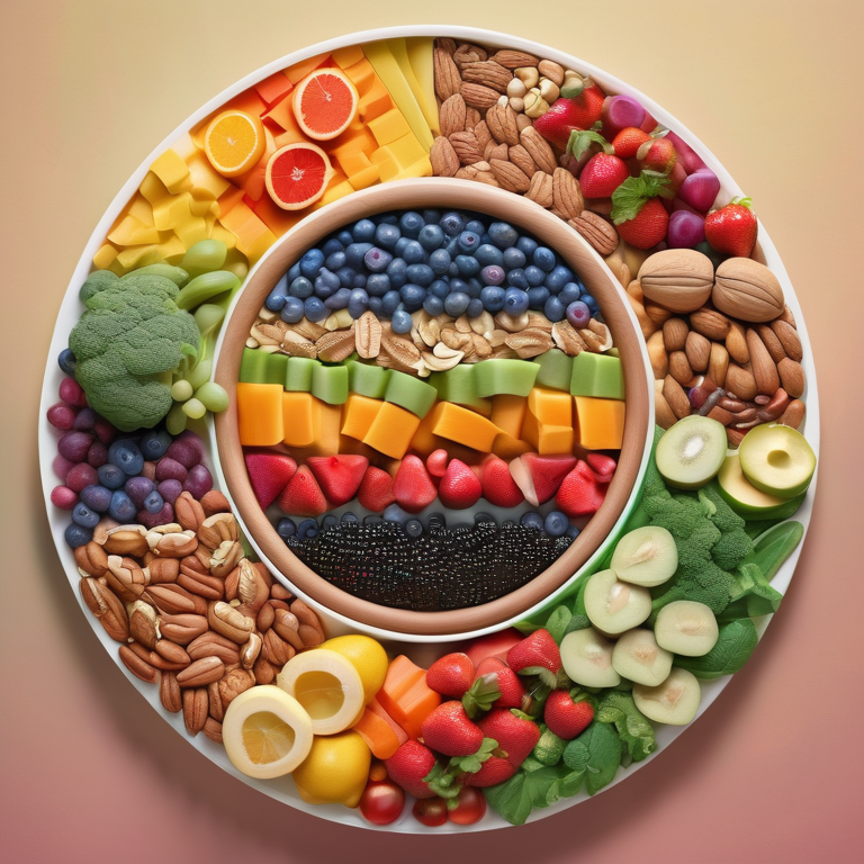
Key Highlights
- Nutrition plays a crucial role in the performance of Olympic athletes.
- Customized nutrition plans are essential, considering individual sports and dietary needs.
- The article explores pre-training meals, hydration strategies, and post-exercise recovery nutrition.
- Case studies of top performers provide insights into effective nutrition approaches.
- From endurance to strength athletes, the article examines the dietary needs specific to each sport.
Introduction
The Olympic Games are managed by the International Olympic Committee and stand for the highest level of sports success. Olympians spend many years training hard, challenging both their bodies and minds. With this tough training, it’s also important to consider how vital nutrition is, which often doesn’t get enough attention.
The Importance of Nutrition for Olympic Athletes
Olympic athletes work in peak physical shape, needing energy and strength that exceed what most people require. For them, nutrition is not just about being healthy; it focuses on powering top-notch performances.
Using a carefully designed nutrition plan, athletes can keep energy supplies high for tough practices and competition days. With proper nutrition, they can aid muscle recovery, prevent injuries, and promote overall health. These factors can separate winning the medal from missing out.
Understanding the Basics of Athletic Nutrition
Athletic nutrition is all about giving the body the right nutrients in the right amounts and at the best times. With this in mind, here are the key points:
- Macronutrient Balance: For energy, athletes need more carbohydrates. In addition, they need enough protein for repairing and growing muscles, along with healthy fats that help with hormone production and overall well-being.
- Micronutrient Adequacy: While vitamins and minerals are required in smaller quantities, they are very important for many body functions. These include energy metabolism, maintaining a good immune function, and carrying oxygen around the body.
- Hydration: Making sure to stay properly hydrated is essential. It affects energy levels, helps regulate body temperature, and can improve athletic performance.
How Nutrition Supports Athletic Performance and Recovery
The effect of nutrition on sports performance is wide-ranging. To begin with, it supplies the energy sources, mainly carbohydrates and fats, needed for muscle movements during workouts and competitions.
In addition, getting enough protein is important. It helps with muscle protein creation, which is vital for repairing, growing, and adjusting muscles to training.
Finally, good nutrition helps with recovery. After exercise, eating a mix of carbohydrates and protein helps refill energy stores, decrease muscle pain, and encourage quicker recovery, readying the athlete for the next training sessions.
Customizing Nutrition Plans for Different Sports
Using a one-size-fits-all plan for nutrition isn’t effective for elite athletics. Different sports require different levels of support from our bodies, meaning athletes need nutrition plans that are personalized for their unique needs and specific sports.
For example, endurance athletes need much more energy than strength athletes do. In the same way, athletes in weight-class sports must carefully manage their weight while also focusing on how well they perform.
Distinct Dietary Needs of Endurance vs. Strength Athletes
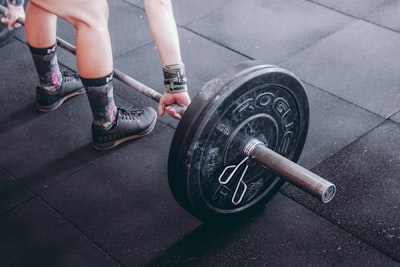
Understanding the unique dietary needs of endurance and strength athletes is very important. Here’s a simple overview:
- Endurance Athletes:
- For sustained effort, a larger amount of carbohydrates is necessary.
- During their training and competitions, they gain from eating carbohydrates to keep blood sugar levels steady.
- Sufficient hydration is required to replace the fluids and electrolytes lost in sweat.
- Strength Athletes:
- A good amount of protein is needed to aid in muscle growth and recovery.
- After training sessions, they earn benefits from consuming protein quickly.
- To boost high-intensity performance, creatine supplements may be necessary.
These dietary needs show the importance of having special nutrition plans.
Case Studies: Nutrition Strategies of Top Performers

Examining the nutrition strategies of top performers who have graced the Olympic podium offers valuable insights:
Many elite athletes emphasize whole, unprocessed foods as the cornerstone of their diet. They prioritize nutrient timing, ensuring optimal intake around training sessions. Additionally, they maintain meticulous hydration protocols.
Here’s a glimpse into their strategies:
| Athlete | Sport | Nutrition Strategy | |
| Michael Phelps | Swimming | High-calorie diet rich in carbohydrates, lean protein, and healthy fats | |
| Usain Bolt | Sprinting | Focus on lean protein, fruits, vegetables, and yams for energy. | |
| Simone Biles | Gymnastics | Balanced diet with ample protein, carbohydrates, and hydration. |
Daily Meal Planning for an Olympic Athlete
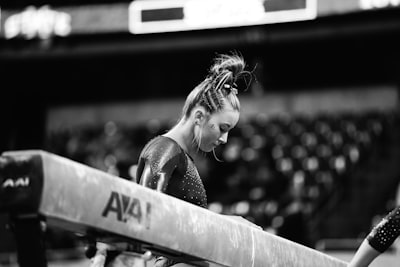
The life of an Olympic athlete can be really tough. With a lot of training sessions, recovery times, and media work, managing their meals is crucial. For them, planning what to eat isn’t just about the food itself. It’s also about making sure they eat the proper foods at the correct times, especially during the intense month of February when the Winter Olympics take place. This is when athletes like Apolo Ohno, who competed in the 2002 Winter Olympics in Salt Lake City, Utah, had to carefully plan their meals to fuel their performance at the Olympic and Paralympic Games. The Olympic and Paralympic Winter Games, which typically have around 2,900 athletes from 80 national committees, require a specific and tailored nutrition plan for each athlete to perform at their best. This plan is developed by the athletes’ respective national Olympic committees, who work closely with nutritionists and dietitians to ensure that their athletes are properly fueled for competition at the Tokyo Games in 2021, Paris Olympics in 2024, and other major events. The nutrition plans of Olympic athletes are an essential part of the Olympic movement, with the IOC prioritizing the protection and support of clean athletes and promoting their well-being both on and off the field of play. With the 2024 Paris Games just around the corner, it is crucial for athletes to have a well-planned nutrition plan to fuel their performance and achieve their Olympic dreams.
By following this strict routine, they help themselves meet their energy and nutrient needs consistently. This, in turn, supports both their training improvements and their performance in competitions.
Pre-Training Meals and Snacks
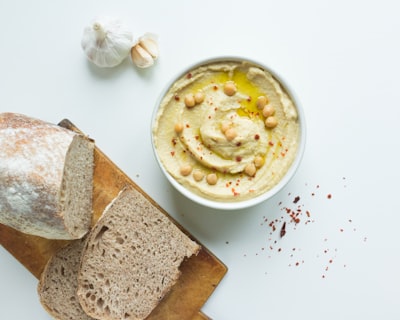
Meals and snacks before training are really important for a good workout or competition. The aim is to give the body energy that’s easy to access, while keeping any stomach issues away during exercise.
For the best results, people should eat their pre-training meals around 2-3 hours before starting. Those meals should focus on carbs that are easy to digest like rice, pasta, or bread, along with some protein and healthy fats.
About 30-60 minutes before training, lighter snacks can help too. Options like a banana, an energy bar, or a small cup of yogurt can add a quick energy boost.
Hydration Strategies During Intense Training
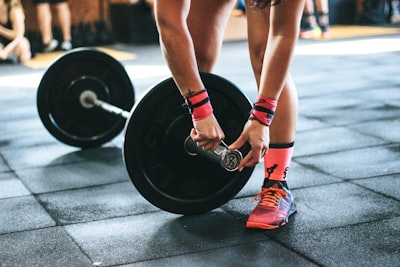
Hydration is very important for intense training, especially for those preparing for the Olympics. When athletes sweat, they lose water as well as electrolytes, which are important for how muscles work and how nerves send signals.
Beginning to stay hydrated happens well before the training starts. Athletes should strive to wake up hydrated and drink fluids regularly throughout the day. During training, particularly in hot or humid weather, taking frequent fluid breaks is necessary.
After training, it’s essential to replace lost fluids and electrolytes for proper recovery. While sports drinks can help, both water and the hydration from fruits and vegetables are also important.
Recovery Nutrition: What to Eat Post-Exercise
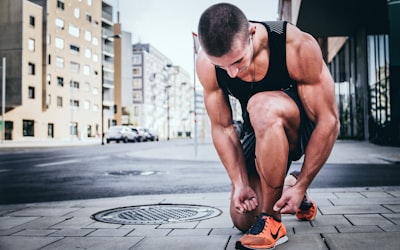
Recovery nutrition is just as important as what athletes eat before they train. It helps them adapt to their training and get ready for their next challenge. After exercising, the first 1-2 hours is the best time to refuel the body. In this post-exercise window, many Olympic athletes focus on having a mix of carbohydrates and protein in their meals to restore glycogen levels and encourage muscle repair. Suitable recovery foods that these elite athletes often choose include chocolate milk, Greek yogurt with berries, or a turkey sandwich made with whole-grain bread.
Conclusion
Nutrition plans for Olympic athletes are really important for how they perform and recover. It’s essential to know the specific dietary needs for different types of sports to get the best results. By customizing meal plans to feature pre-training snacks, hydration techniques, and foods for after their workouts, they can improve their chances of success. Through looking at examples of successful athletes, we can learn about useful nutrition approaches. In all kinds of sports, whether focusing on endurance or strength, having nutrition plans that fit each athlete’s needs makes a big impact. Staying committed to good nutrition matches the hard work these athletes put into being the best they can be.
Frequently Asked Questions
What Supplements Do Olympic Athletes Take?
Team USA athletes usually add supplements such as creatine, vitamin D, and omega-3 fatty acids to help with their nutrition and improve their performance.
How Often Do Olympic Athletes Eat?
Olympic athletes, especially in endurance sports, usually have about 4 to 6 meals and snacks each day. They do this to help with training, recovery, and to enhance their performance.
Can Olympic Athletes Be Vegetarian or Vegan?
Olympic athletes can certainly do well on vegetarian or vegan diets when they plan properly. With careful attention, they focus on plant-based protein options like legumes, tofu, and tempeh. These foods help them meet their nutritional needs and boost their performance.
https://olympics.com/ioc/paris-2024-individual-neutral-athletes
https://milanocortina2026.olympics.com/en
https://bjsm.bmj.com/content/53/11/700